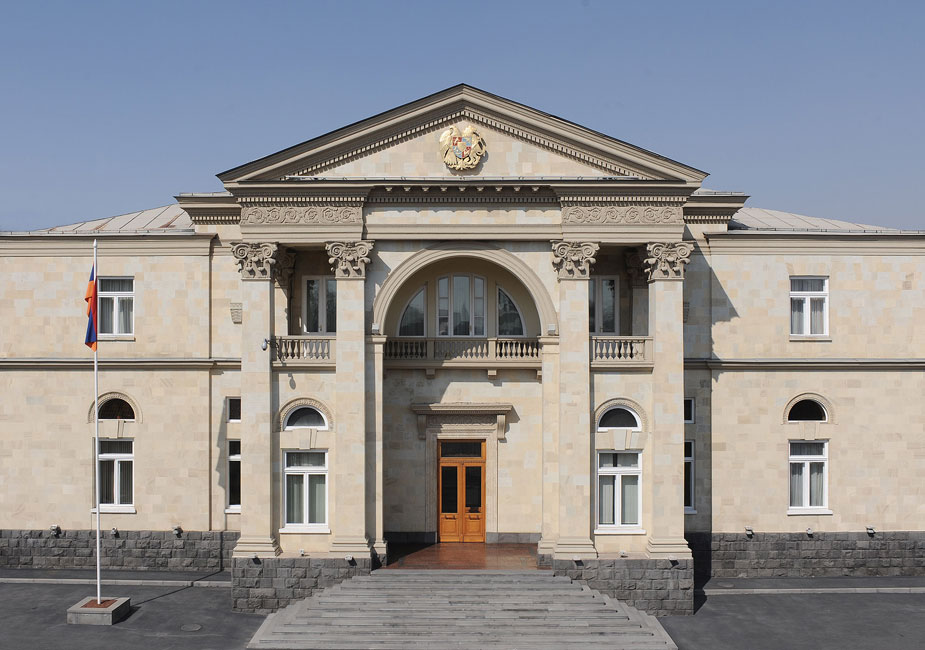MINSK (Armradio) — An Israeli blogger was arrested in Belarus last Wednesday at the request of the Azerbaijani government over his visits to Nagorno-Karabakh, Haaretz reports.
Alexander Lapshin wrote several critical posts against Azerbaijan and its president, Ilham Aliyev, in recent months. His family is afraid that if he’s extradited to Azerbaijan, his life will be in danger.
Lapshin, 40, writes a blog in which he records his travels throughout the world, and writes about the various countries he has visited.
On December 13, he and his wife arrived in the Belarus capital, Minsk. A day later, shortly before midnight, Lapshin wrote on his Facebook page: “At this moment I was arrested by the police in Minsk at the request of Azerbaijan. I’m at the Piersamajskaja station in Minsk.”
The Azeri government claims that in April 2011 and October 2012, Lapshin visited Nagorno-Karabakh and wrote about the visits in his blog. After the last visit, Lapshin’s name was placed on the Baku government’s blacklist, and he in effect became a wanted man.
Last June, Lapshin entered Azerbaijan itself, using a Ukrainian passport. Because his name in Ukrainian is slightly different from the name listed in his Russian or Israeli passport, he was not arrested upon entering the country. After a few days traveling around the country, he left without any problem.
In subsequent blog posts, Lapshin criticized the poverty in certain parts of the capital, Baku; the dictatorial rule of President Aliyev; and the issue of Nagorno-Karabakh.
Israel on Sunday asked Belarus to not hand over to Azerbaijan a popular Israeli travel blogger it arrested last week, the Times of Israel reports.
Karabakh MFA: Israeli blogger’s detention causes serious concern
“The launching of a criminal case against famous blogger Alexander Lapshin and his detention cause serious concern,” Press Service of the NKR Foreign Ministry said in comments to News.am.
“Azerbaijan, where harassment and political persecution against civil activists and journalists on fabricated pretexts have long become a tradition, tries to spread its “standards” of human rights beyond the borders of the country,” the Artsakh Foreign Ministry said.
“Such actions are not only an obvious violation of fundamental human rights, namely, the freedom of movement and freedom of speech, but also a policy of intimidation, which should be adequately assessed by the international community,” the Ministry said.










